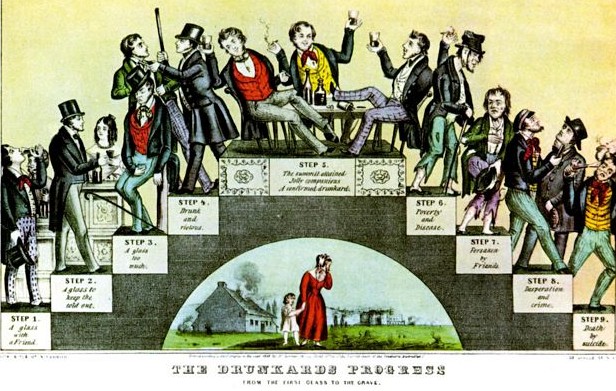Keeping Our Commitments Unwaveringly is Tough
The Harvard business strategy professor Clayton Christensen (of The Innovator’s Dilemma (1997) fame) often tells a story from his college days when he played basketball for his university team. His team worked hard all season and made it to the finals of some big tournament. The championship game was scheduled on a Sunday.
Christensen is a pious Mormon. Playing on the Sabbath (the “seventh day” is holy occasion and has a particular purpose, i.e. rest and spiritual renewal) was against his religious beliefs. The basketball team’s coach asked Christensen to break the rule for that big game, “I don’t know what you believe, but I believe that God will understand.” His teammates prodded him, “You’ve got to play. Can’t you break the rule, just this one time?”
Christensen prayed to God for guidance. After some reflection, he concluded that he would not play in the finals because he did not want to violate the Mormon way of life and break his personal rules: “Because life is just one unending stream of extenuating circumstances. Had I crossed the line that one time, I would have done it over and over and over in the years that followed.”
Willpower is Character in Action
Christensen’s team, however, played without him and won the basketball championship.
.jpg) Discussing this experience in writings such as How Will You Measure Your Life? (2012,) Christensen says,
Discussing this experience in writings such as How Will You Measure Your Life? (2012,) Christensen says,
Many of us have convinced ourselves that we are able to break our own personal rules “just this once.” In our minds, we can justify these small choices. None of those things, when they first happen, feels like a life-changing decision. The marginal costs are almost always low. But each of those decisions can roll up into a much bigger picture, turning you into the kind of person you never wanted to be.
…
If you give in to “just this once,” based on a marginal-cost analysis, you’ll regret where you end up. That’s the lesson I learned: it’s easier to hold to your principles 100 percent of the time than it is to hold to them 98 percent of the time. The boundary—your personal moral line—is powerful because you don’t cross it; if you have justified doing it once, there’s nothing to stop you doing it again.
For Christenson, the opportunity cost of missing the championship game was large. Therefore, the marginal cost of breaking his rules “just this once” was comparatively trivial. However, the bigger damage of yielding to demands of the circumstances was larger yet, given his religious devotion.
Idea for Impact: Life becomes so much simpler if you decide what you stand for, stick with your values 100% the time, and make no exceptions.
It’s easy to lose your emotional footing and resist temptations, especially when you feel pressured or depressed, or face some other persuasive incentive.
It’s easy to unearth some justification to infringe a little upon your principles or break commitments you’ve made to yourself.
However, conceding “just once” is a slippery slope—the proverbial thin end of a wedge. If you allow yourself to compromise just the once, you can wind up doing it frequently.
In contrast, if you make up your mind to follow 100% on some standard, all of your prospective decisions are made.
Life becomes so much easier when you no longer need to expend your willpower on internal moral deliberations or justify/ regret your poor choices.
.jpg)
 During my travels, I am asked why I don’t drink alcohol more often than I am asked why I am
During my travels, I am asked why I don’t drink alcohol more often than I am asked why I am 